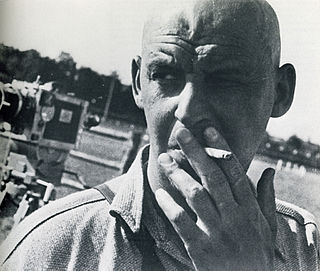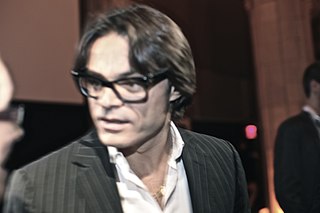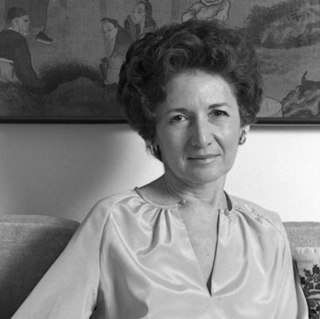A Quote by Yukio Mishima
It seems to me that before the photograph can exist as art it must, by its very nature choose whether it is to be a record or a testimony.
Related Quotes
Photographers usually want to photograph facts and things. But I'm interested in the nature of the thing itself. A photograph of someone sleeping tells me nothing about their dream state; a photograph of a corpse tells me nothing about the nature of death. My work is about my life as an event, and I find myself to be very temporal, transient.
I'm pretty open. I'm not afraid of men. I'm not afraid of women. I'm not afraid of sex and sexuality. It's part of me, and it comes out in the photograph. It's as if at that moment when I'm taking pictures, I'm not a man and I'm not a woman. If I see a moment that seems true to me, that seems honest, whether it's female or male, it's part of me as well.
I don't have very much interest in trends and fashions. I don't follow the fashion shows and stuff like that into my real life. But I'm very, very interested in how people put themselves together, how women and men announce themselves to the world, through what they put on their bodies. Whether we choose Birkenstocks or whether we choose Burberry - it all signifies something and it's really interesting to me.
I really love any and all manifestations of art, really respect any kind of artistic impulse, whether it's paintings and sculptures or really good filmmaking or music. I really see the relationships between these different mediums as very fluid. I think you see that nowadays, in this postmodern context, there's much more use of different mediums in contemporary art. For me, if you're a creative person, you can choose to make a painting, you can choose to make a film.
I have been too long acquainted with human nature to have great regard for human testimony; and a very great degree of probability, supported by various concurrent circumstances, conspiring in one point, will have much greater weight with me, than human testimony upon oath, or even upon honour; both of which I have frequently seen considerably warped by private views.
Today, when so much seems to conspire to reduce life and feeling to the most deprived and demeaning bottom line, it is more important than ever that we receive that extra dimension of dignity or delight and the elevated sense of self that the art of building can provide through the nature of the places where we live and work. What counts more than style is whether architecture improves our experience of the built world; whether it makes us wonder why we never noticed places in quite this way before.
I try to ?nd clues in the documented record - from the subject's own testimony, from the testimony of other people. When you're writing a biography, you're trying to understand your subject in the same way that you try to understand one of your friends, and that effort at understanding is always very imperfect.


































